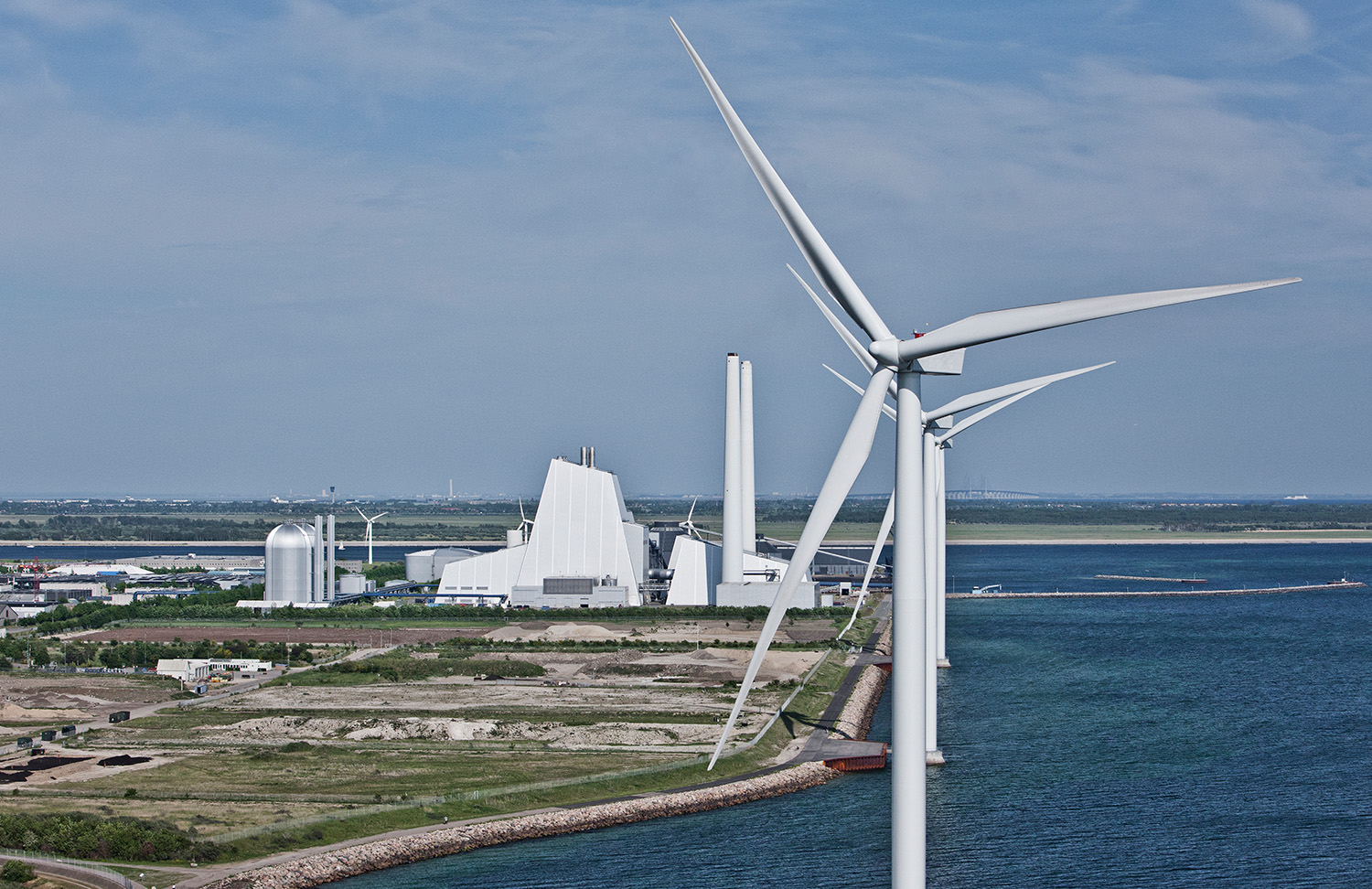
Avedøre Power Station. Cogeneration plant in Copenhagen, Denmark
Photo: Orsted.com
Photo: Orsted.com
5. Effects of the fossil fuel solidarity contribution
The fossil fuel solidarity contribution is, in essence, an extraordinary tax on the profits of fossil fuel companies.
A company is defined as a fossil fuel company if at least 75% of its turnover is from economic activities related to the extraction, mining, refining of petroleum or manufacture of coke oven products, according to the CR. In other words, this tax does not directly influence electricity producers.
As explained above, a profit tax does not influence short-term incentives to produce, but it may influence long-term incentives to invest if it influences expectations about future net-of-tax revenues. Representatives of the fossil fuel sector have pointed out exactly this.
Drivkraft Sverige argued also that the solidarity contribution may reduce investments in green technologies. This would be the case if only fossil fuel companies could make green investments. However, other companies and authorities can also invest in green technologies. As long as green investments are profitable relative to other investments in the economy, capital will flow towards such projects, regardless of the profit level of fossil fuel companies. The profit tax redistributes income from the fossil fuel sector to the authorities, and the authorities may choose to invest that income in the green sector. The profitability of green investments is thus unaltered by the tax on fossil fuel companies.
Drivkraft Sverige argued also that the solidarity contribution may reduce investments in green technologies. This would be the case if only fossil fuel companies could make green investments. However, other companies and authorities can also invest in green technologies. As long as green investments are profitable relative to other investments in the economy, capital will flow towards such projects, regardless of the profit level of fossil fuel companies. The profit tax redistributes income from the fossil fuel sector to the authorities, and the authorities may choose to invest that income in the green sector. The profitability of green investments is thus unaltered by the tax on fossil fuel companies.
Taxing the fossil fuel sector in cases where fossil fuel profits are extraordinarily high may reduce investments in fossil fuels compared to a no-tax scenario, but it will not reduce investments in green energy. Moreover, as stated previously, if companies are convinced that the tax is a temporary and extraordinary measure, incentives are not affected.